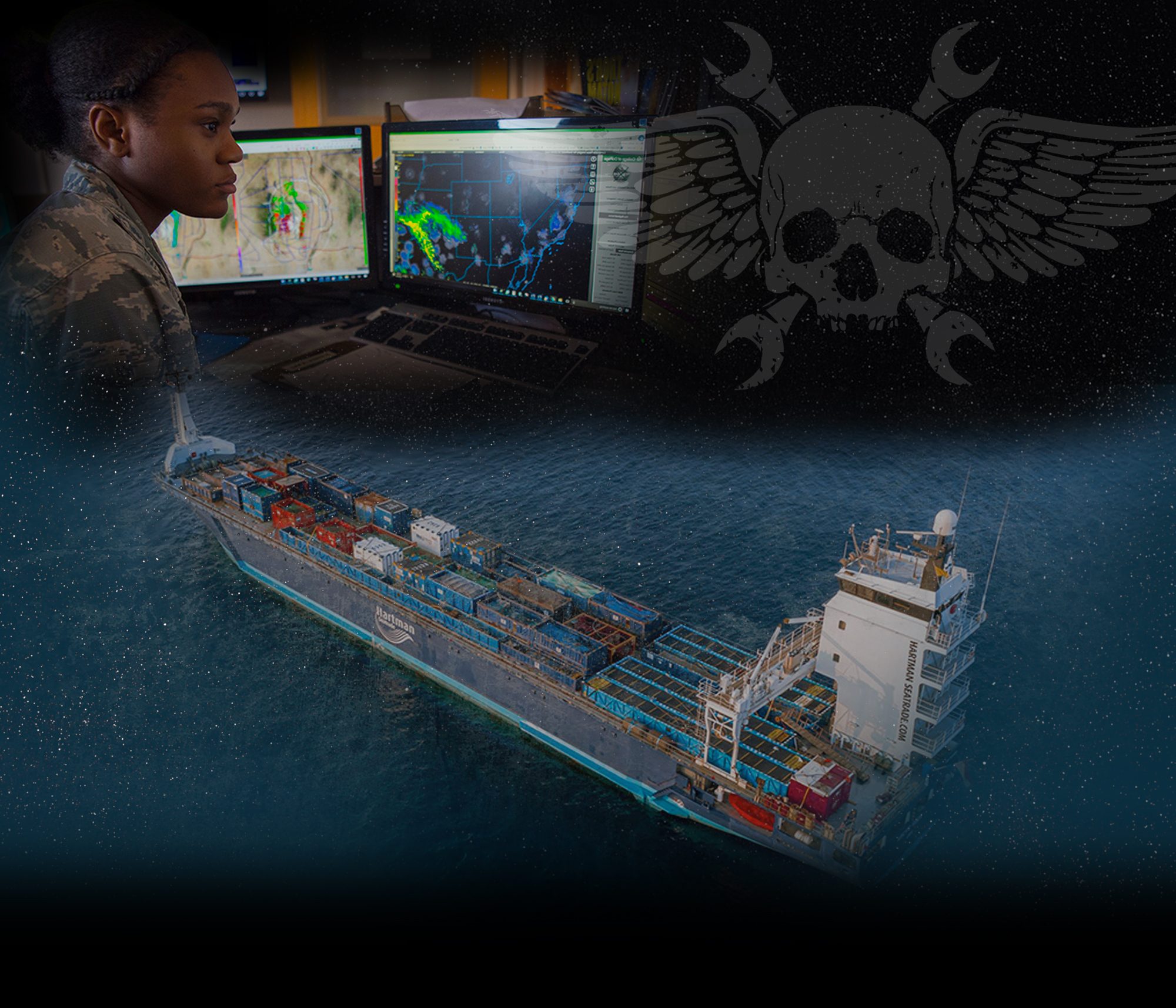FCC GMDSS
GLOBAL MARITIME DISTRESS SAFETY SYSTEM
The GMDSS is an internationally recognized distress and radio communication safety system for ships replacing the previous ship-to-ship safety system, which relied on a manual Morse code system on 500 kHz and voice radiotelephony on Channel 16 and 2182 kHz. The GMDSSis an automated ship-to-shore system using satellites and digital selective calling technology. The GMDSS is mandated for ships internationally by the International Maritime Organization (IMO) Safety of Life at Sea Convention (SOLAS), 1974, as amended in 1988, and carries the force of an international treaty. The procedures governing use are contained in the International Telecommunication Union recommendations and in the International Radio Regulations, and also carry the force of an International Treaty.
The FCC requires two licensed radio operators to be aboard all GMDSS certified ships, one of whom must be available to act as a dedicated radio operator during a distress situation. The radio operators must be holders of a GMDSS Radio Operator’s License. The GMDSS radio operator is an individual licensed to handle radio communications aboard ships in compliance with the GMDSS regulations, including basic equipment and antenna adjustments. The GMDSS radio operator need not be a radio officer.
Another IMO Convention requires all masters and mates to hold the GMDSS Radio Operator’s License and attend a two-week training course and demonstrate competency with the operation of the GMDSS equipment. These requirements would also carry to any person employed specifically to act as a dedicated radio operator if the ship elected to carry such a position.













